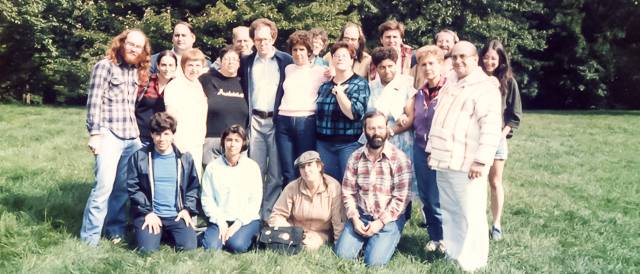
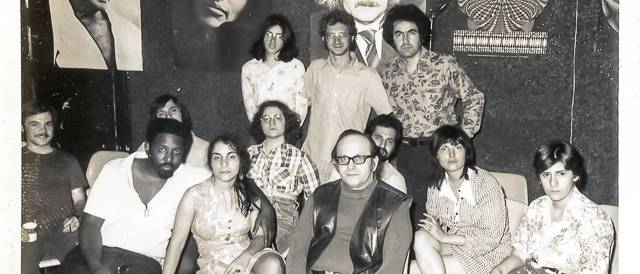
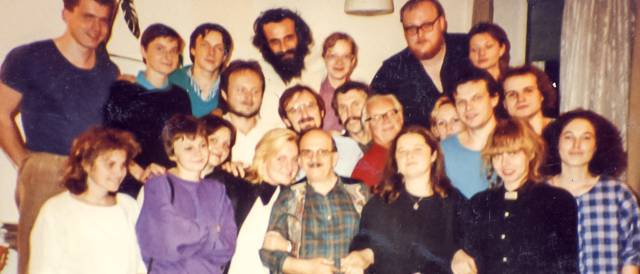
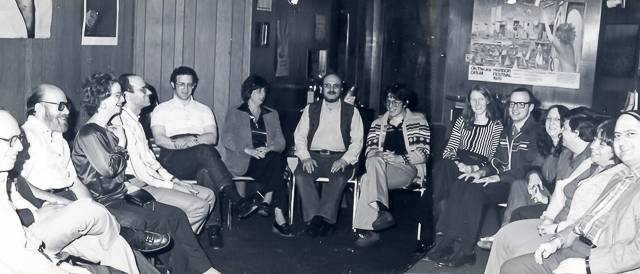
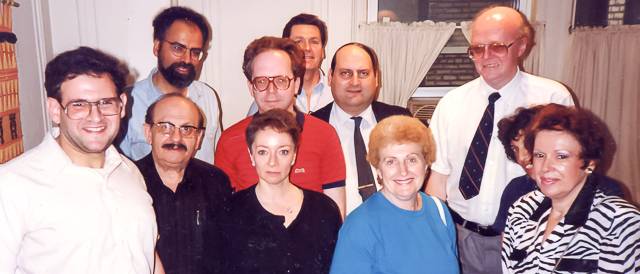

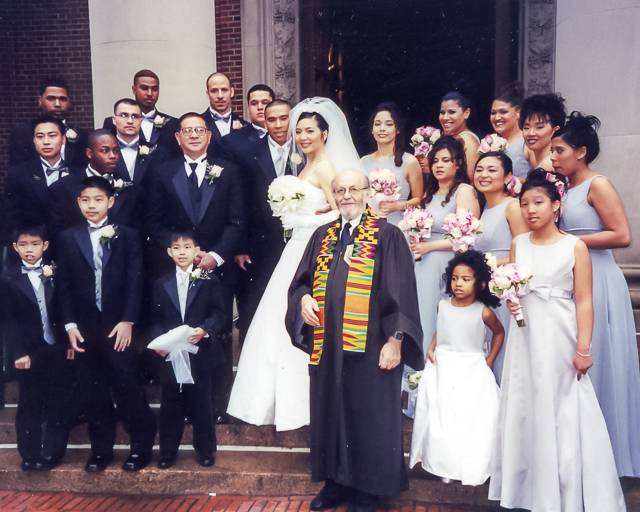
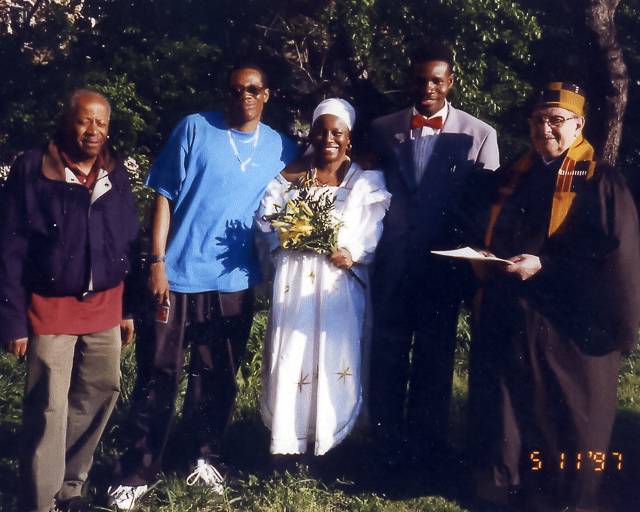
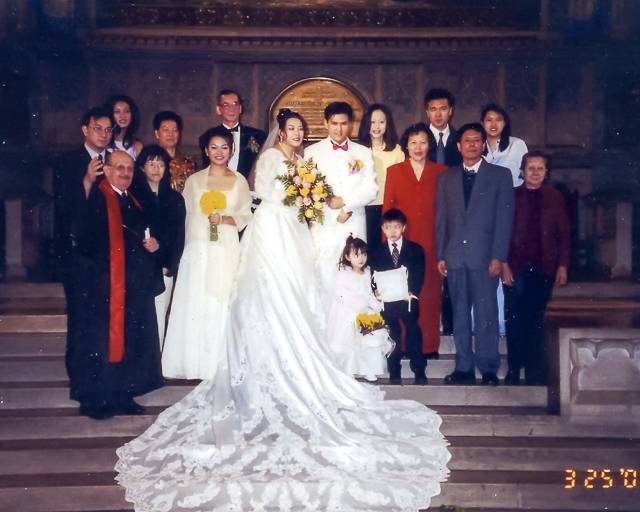

“Dialogic vs. Diabolic Ways of Living”
A powerful and still relevant talk by Joseph Ben-David
This recording is slightly shortened from Ben-David’s original talk, presented extemporarily on March 18, 1989. For your convenience, the 40-minute talk is divided into four sections, as described briefly below, plus an introduction and conclusion. Ben-David concludes with his thoughts on how, together, we may transform the pervasive, insidious diabolic ways of living into a life of dialogue for the benefit of both the individual and society.
|
Introduction: Reverend Joseph Ben-David begins by affirming the Church of Humanism's fundamental obligation to address issues affecting life. The particular issue we are discussing here is the important distinction between dialogic vs. diabolic relationships and ways of life.
|
1. What does it mean to live dialogically? Martin Buber, a significant mentor for Ben-David, introduced the all-important concept of the I-Thou relationship and offered the example of the ways we may relate to a tree. In the I-Thou relationship, one may regard the living tree as a miracle, whereas in an objectified I-It relationship you might regards the tree for its utility in our lives. Buber’s concept of the life of dialogue depends on embracing an I-Thou relation to those around us, to the world around us, and to the cosmos/ universe. |
|
2. Diabolic Relating Ben-David counterposes dialogic relating and self-interested, destructive diabolic, I-It relating. (The etimology of: diabolic is “to throw across”; of dialogic is “to speak across,” or converse.) In diabolic relationships, someone relates parasitically to others (or to groups of people, or the world) according to how useful they can be in building their own comfort, power, security, and wealth. At both the personal and political level, diabolic relations can cause ongoing aggression and strife. I-It interactions will be most harmful when both participants relate without dialogue: i.e., when neither participant sees the other from an I-Thou, dialogic, cosmic understanding of wholeness.
|
3. Systems and Lifestyles At the international level, the two biggest systems today are capitalism and communism/ socialism. Neither is all good or all bad, and both consist of human beings, who live diabolically or dialogically or, often, both ways. But if the leaders of two systems encounter one another and are determined to retain or build their own wealth or power, then you have two aggressors and a destructive conflict. We need to recognize that the worthiness of any system depends on its leaders caring for the people living in both systems. At the personal level, when relating becomes destructive ego advancement, it may be considered a form of “sacroegoism.” A symbol of a self-centered lifestyle is the gangster. In psychological terms, the pursuit of comforts is known as narcissism, which stems from the parent-child relationship. Self-centered narcissism can be overcome only through experiencing therapeutic dialogic relationships. |
|
4. Insidious Diabolic Systems It is particularly important to draw attention to insidious diabolic systems. For example, “totalitarian democracy” is the tyranny of the majority or the tyranny of law and order. Totalitarian democracies are governed by a self-serving, controlling, elite minority. While their powerful propaganda machine makes us think that we are living with democratic freedoms, there are important limits imposed on the freedoms. In such societies, people in fact have “freedom” only so far as their actions don’t raise threats, from here or abroad, to the self-interests of the governing elite. Another insidious challenge to the genuine life of dialogue is the organized religions that attack free thought and selfhood, promote superstitious beliefs, and even foster divisiveness and hostility. Are we accepting a predatory life system where self-interest is paramount or do we, either collectively or individually, genuinely care about others both nearby and far away? |
Conclusion: The Solution Ben-David proposes that the solution to destructive lifestyles will be found only in religious humanism. Religious humanism is activism that is guided by our embrace of I-Thou dialogue. If we recognize and accept that we are each responsible for the whole world, then we can act—politically, socially, etc.,--to end the diabolic forces people are subjected to and promote. To act out our spiritual orientation dialogically is the purpose of religious humanism.
|
 Please note!
Please note!